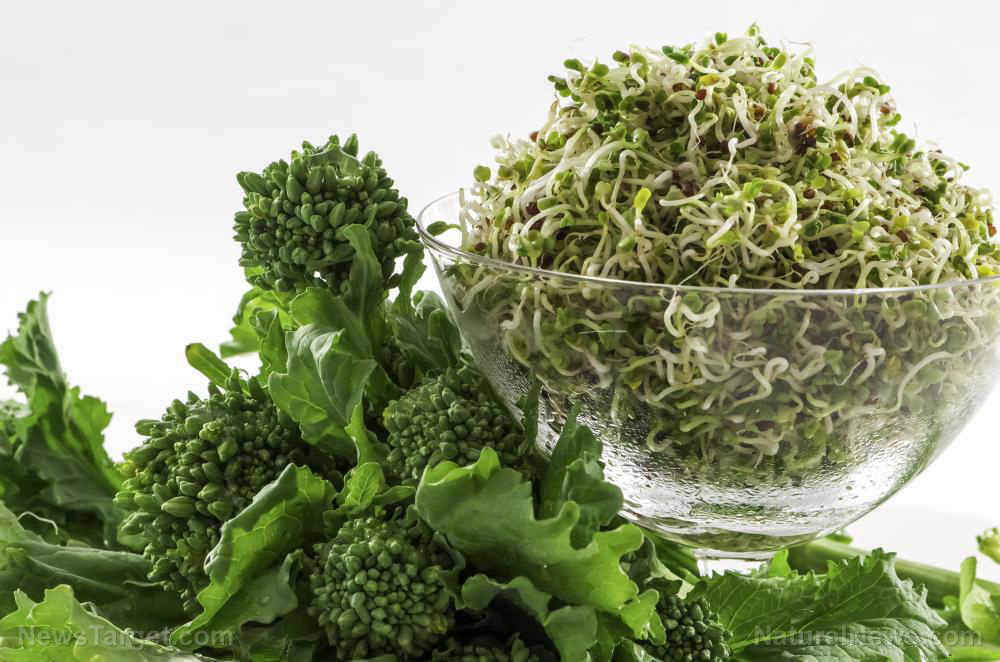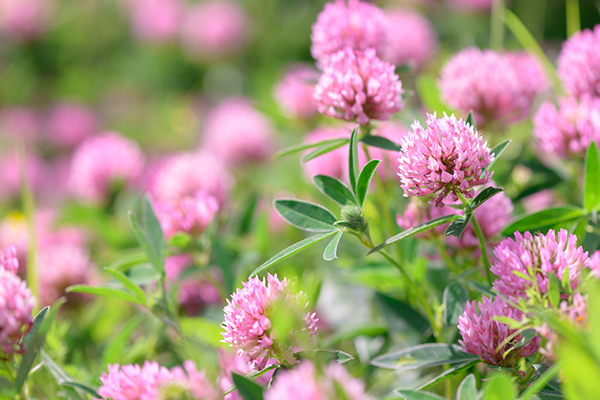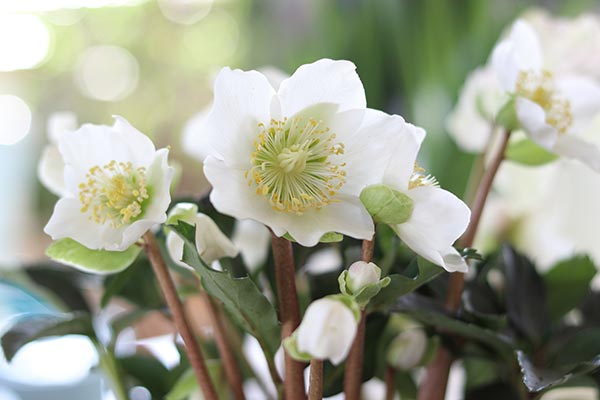Passionflowers aren’t just pretty ornamentals, they’re also cancer busters
01/07/2020 / By Evangelyn Rodriguez

The genus Passiflora is composed of more than 500 different species of plants, most of which are used as ornamentals. Commonly called passionflowers or passion vines, these plants are well-known for producing brightly colored flowers with different hues. However, passionflowers aren’t just intended for visuals. Ongoing research suggests that these plants also possess a variety of medicinal properties that make them potent sedatives, analgesics, antidepressants and anxiolytics. And only recently, evidence has emerged of a Passiflora species having cytotoxic potential against different cancer cells.
In a study published in the Journal of Medicinal Plants Research, Brazilian researchers investigated the cytotoxicity of various Passiflora species using colon cancer, ovarian cancer and leukemia cell lines. Of the 14 species included in the study, they found that the plant Passiflora alata, also known as the winged-stem passionflower, is rich in flavonoids with anti-cancer activity. These compounds proved to be highly cytotoxic to the leukemia cell line HL-60 but not to normal cancer cells, suggesting a selectivity to cancer cells that could prove beneficial in clinical settings.
The winged-stem passionflower kills cancer cells but not normal cells
For their study, the researchers used ethanol to obtain extracts from the leaves of 14 Passiflora species in a method called accelerated solvent extraction. They then evaluated the in vitro cytotoxicity of these extracts against cancer cell lines using MTT assay.
The researchers also determined the IC50 of P. alata (ELPA) leaf extracts against both cancer (HCT-116, SF-295, OVACAR-8 and HL-60) cells and non-cancer cells (PBMC). IC50 or half maximal inhibitory concentration is a measure of the effectiveness of a substance in inhibiting a biochemical function.
Using liquid chromatography and mass spectrometry, the researchers identified 10 ELPA flavonoids. They then conducted morphological analyses using light and fluorescence microscopy, and cell cycle and DNA fragmentation analyses using flow cytometry to study the mechanism of cell death induced by ELPA in HL-60 cells.
Among the Passiflora leaf extracts evaluated, ELPA exhibited the highest cytotoxicity against HL-60 cells (IC50 19.37 ug/mL) but was not cytotoxic against PBMC, suggesting selectivity for cancer cells.
The researchers believe that the cytotoxic activity of ELPA is linked to the presence of the 10 flavonoids they have identified. They also reported that ELPA-treated cells showed signs of apoptosis (programmed cell death) and necrosis (death due to lack of blood supply), with cell cycle arrest in the G2/M phase.
Based on these results, the researchers concluded that the cytotoxic activity of ELPA against cancer cells may be due to the synergistic action of flavonoids in it, which induces cell death by apoptosis and necrosis.
The medicinal benefits of Passiflora plants
Passiflora plants have been used by Native Americans as traditional remedies for a variety of conditions such as skin conditions like boils, wounds, liver problems, insomnia and even mood-related conditions like anxiety. Some species, like P. foetida or stinking passionflower and P. serrato-digitata, can also be used to relieve stomach problems, particularly stomach ulcers, according to studies. Today, Passiflora plants like P. incarnata (purple passionflower) are made into herbal supplements that help treat seizures and hysteria. They are also available as infusions, liquid extracts, teas and tinctures. (Related: Herbs for anxiety: Experts share the science behind some that are most effective.)
According to the National Center for Complementary and Integrative Health (NCCIH), passionflower supplements are generally safe for use. However, they may cause minor side effects like drowsiness, dizziness or confusion. Pregnant women are also cautioned against using supplements with passionflower as they could induce contractions. To avoid possible interactions with any medication you are currently taking, consult your health care provider before using passionflower remedies.
Sources include:
Tagged Under: alternative medicine, anticancer, cancer cures, cancer treatment, herbal medicine, Herbs, natural cures, natural medicine, passionflower, phytonutrients, plant cures, remedies, research
RECENT NEWS & ARTICLES
COPYRIGHT © 2017 PREVENT CANCER NEWS



















